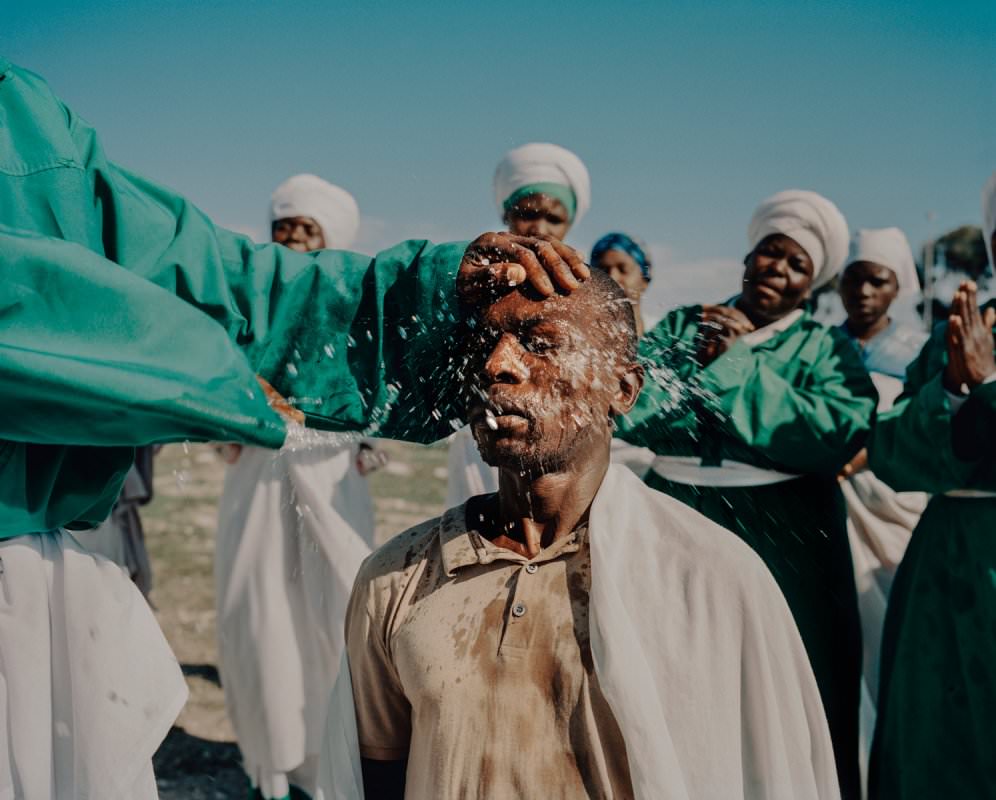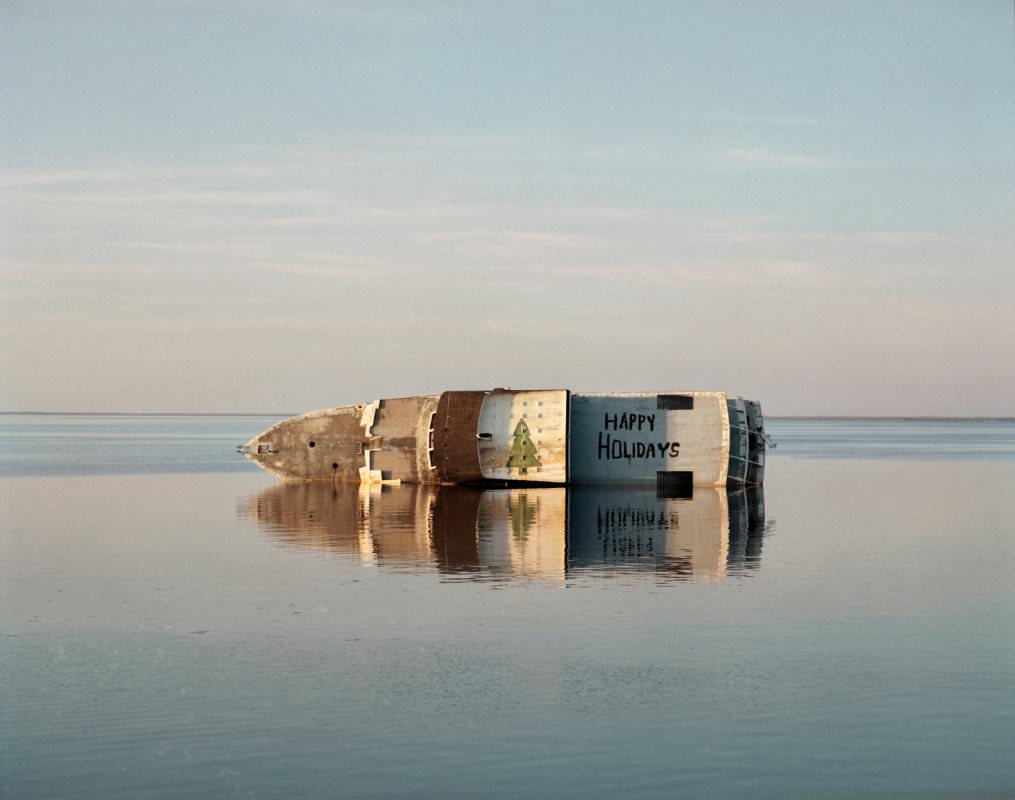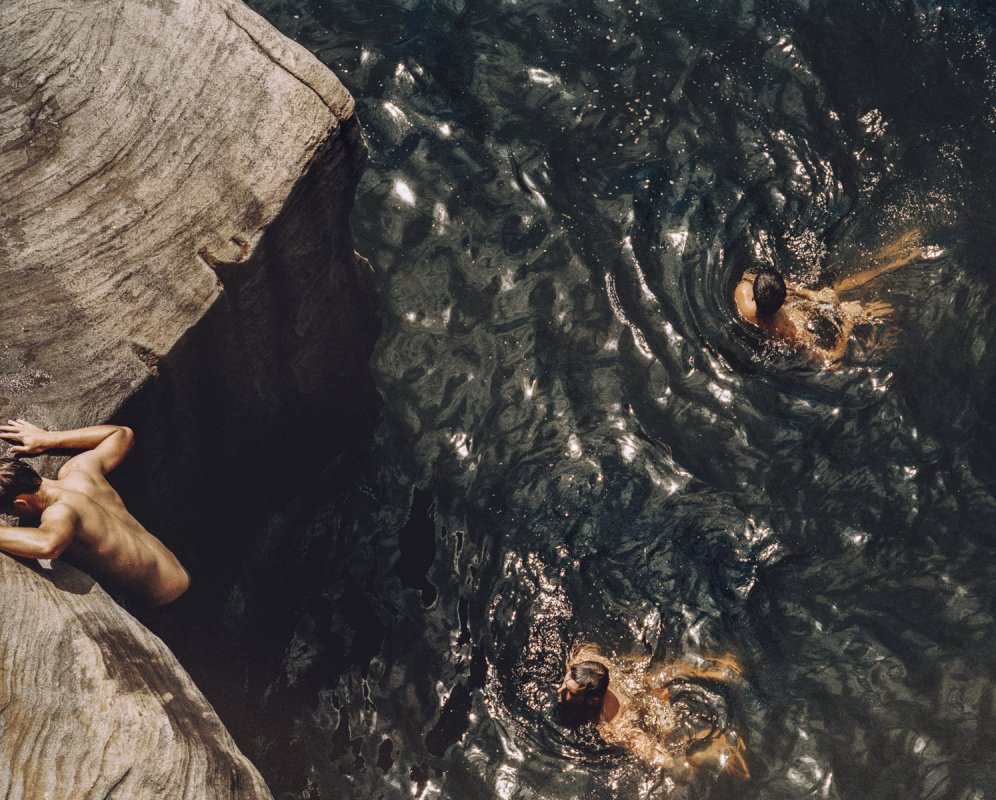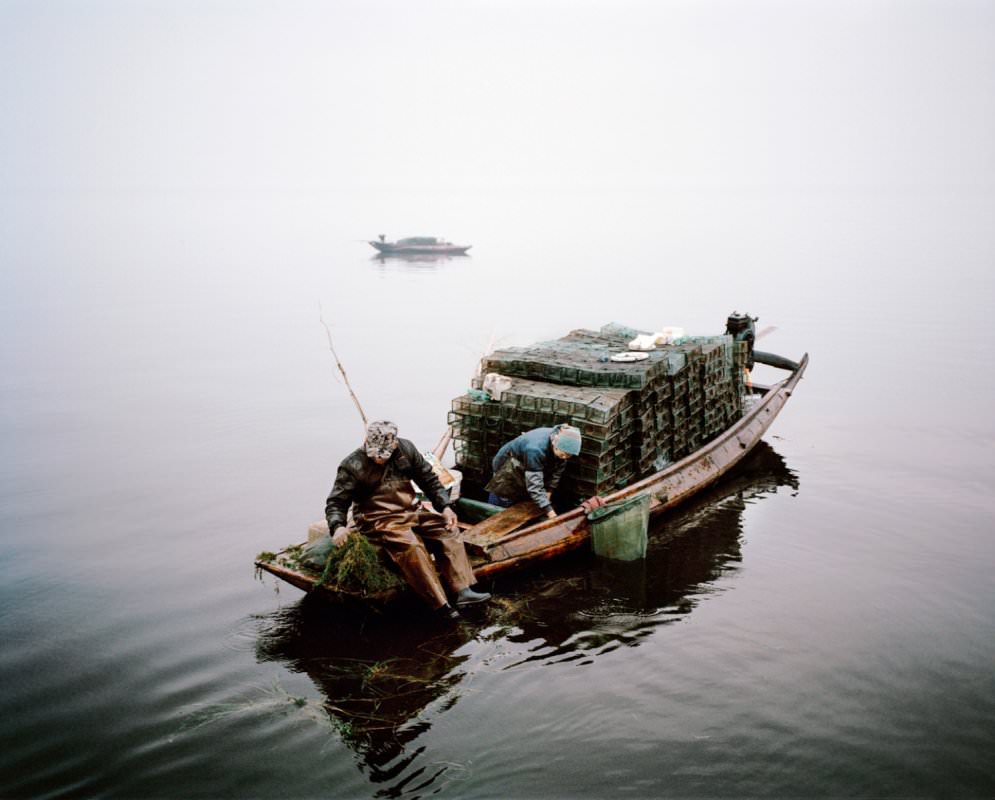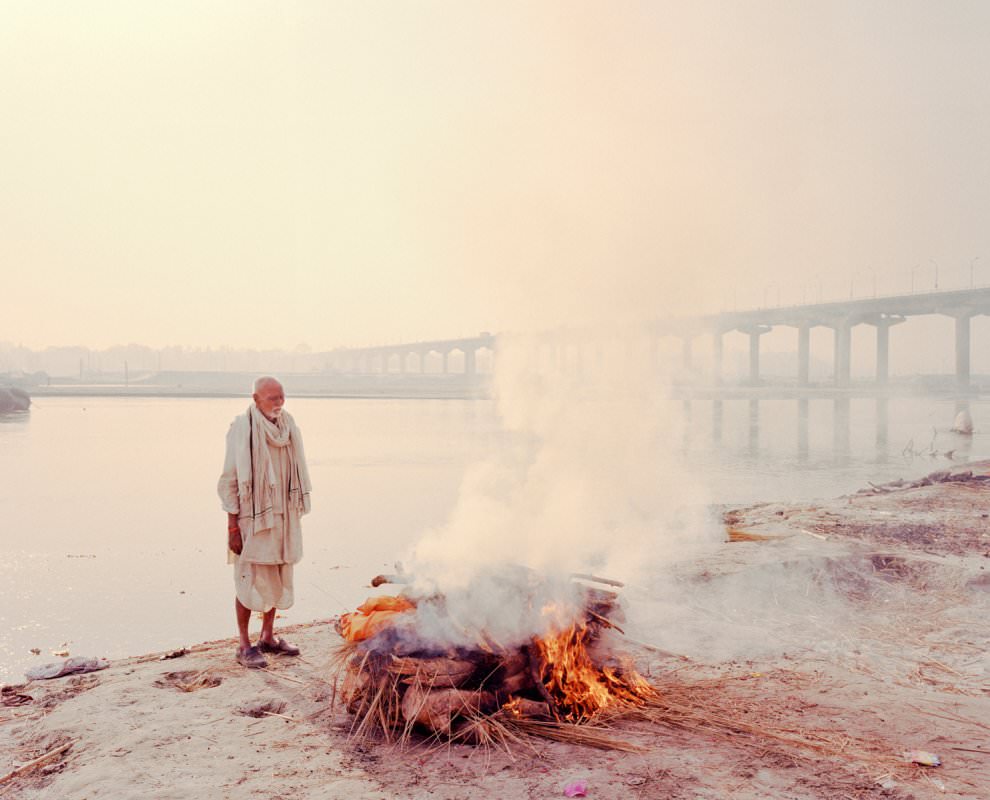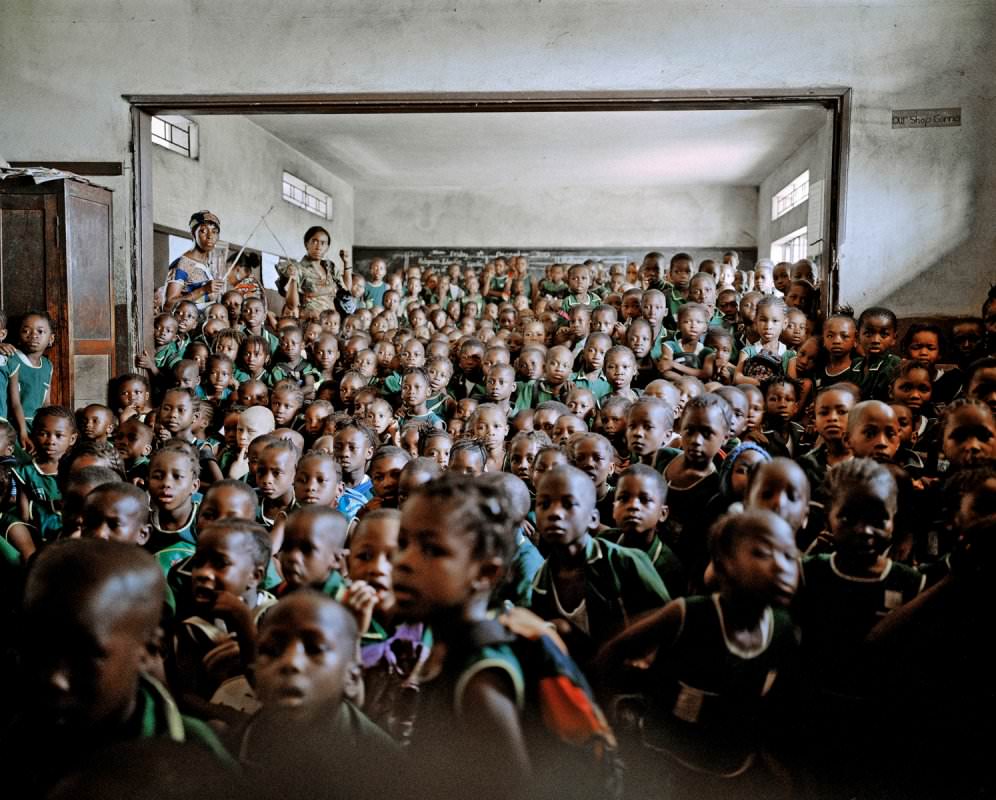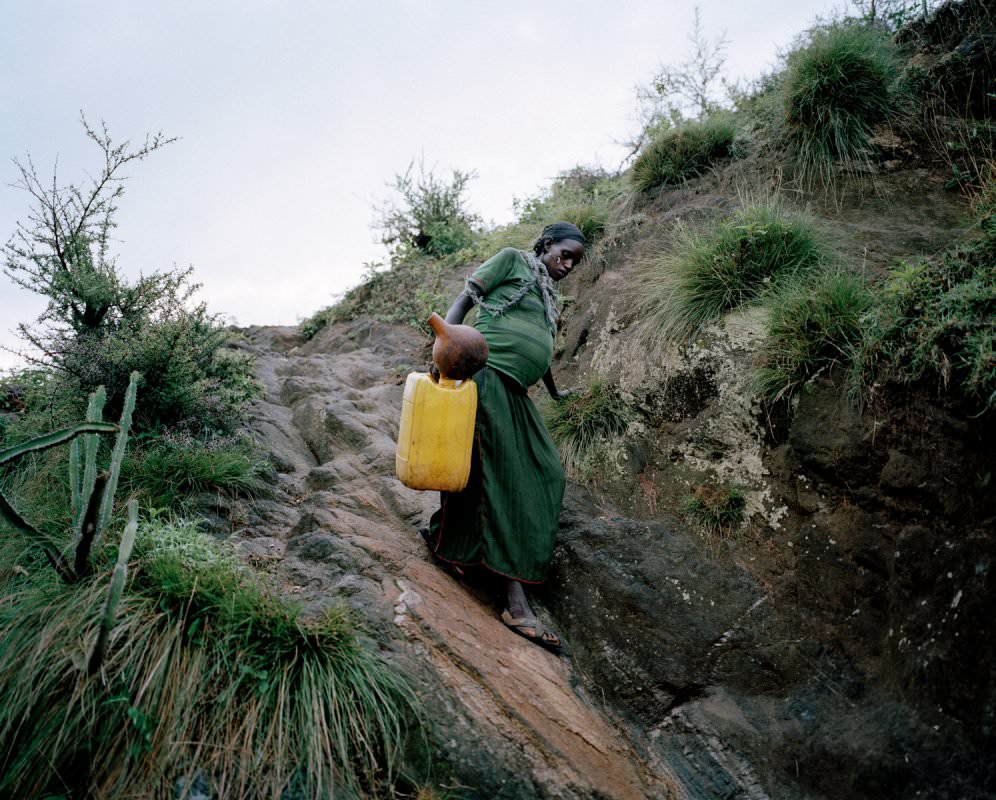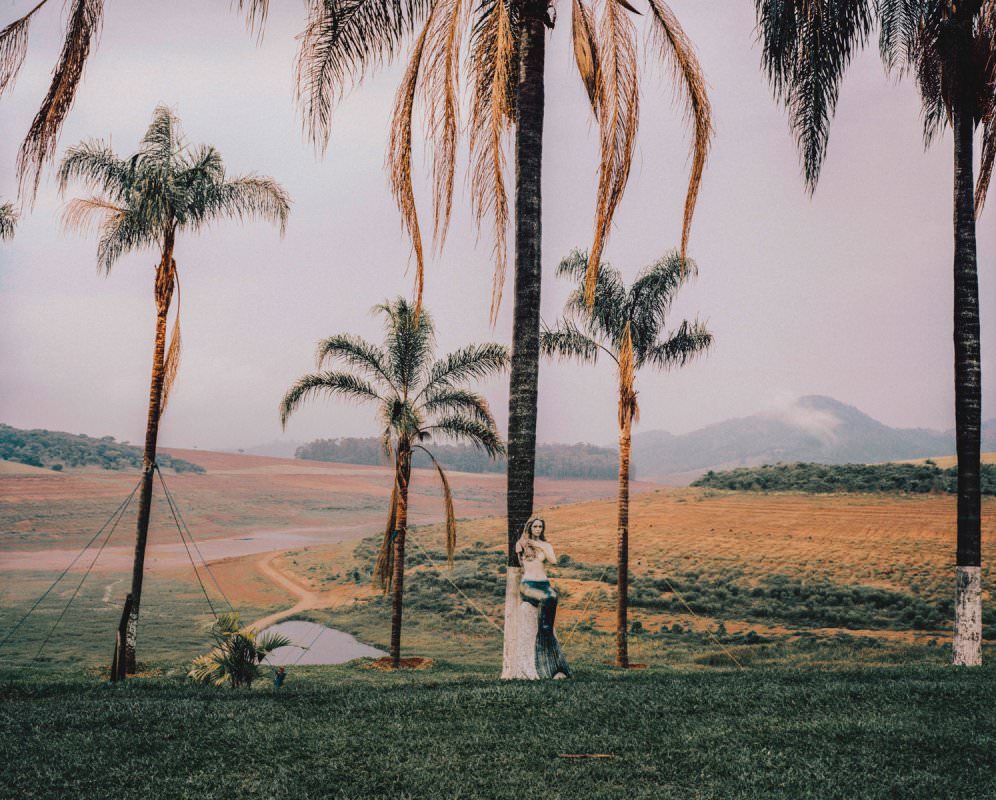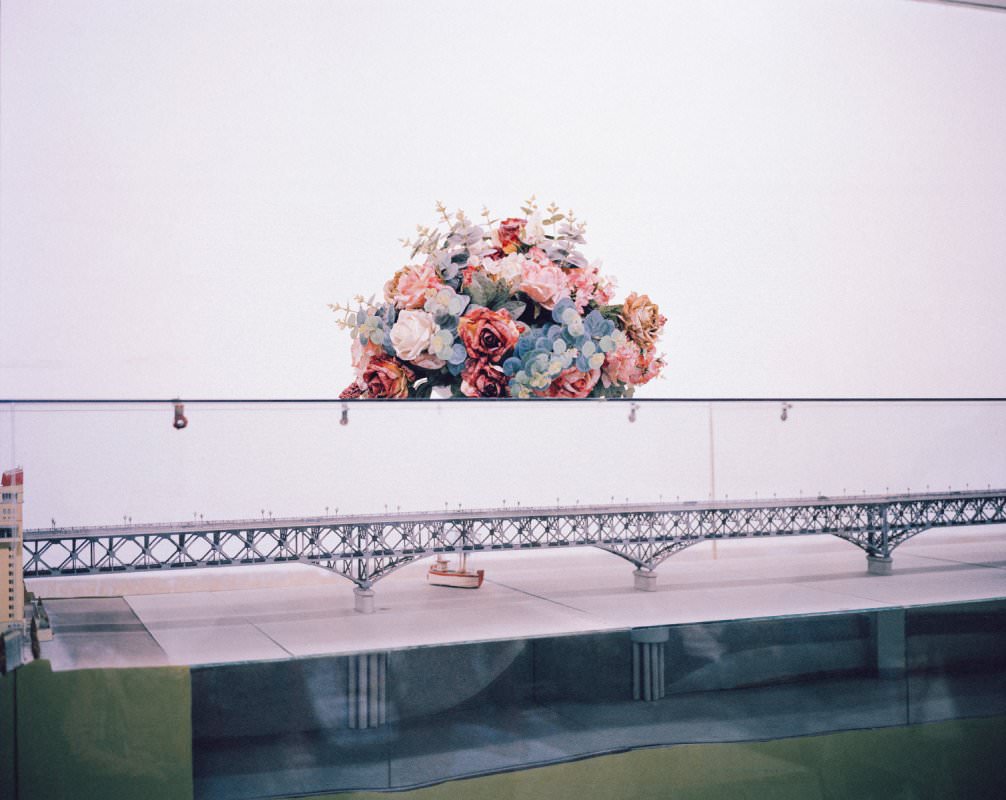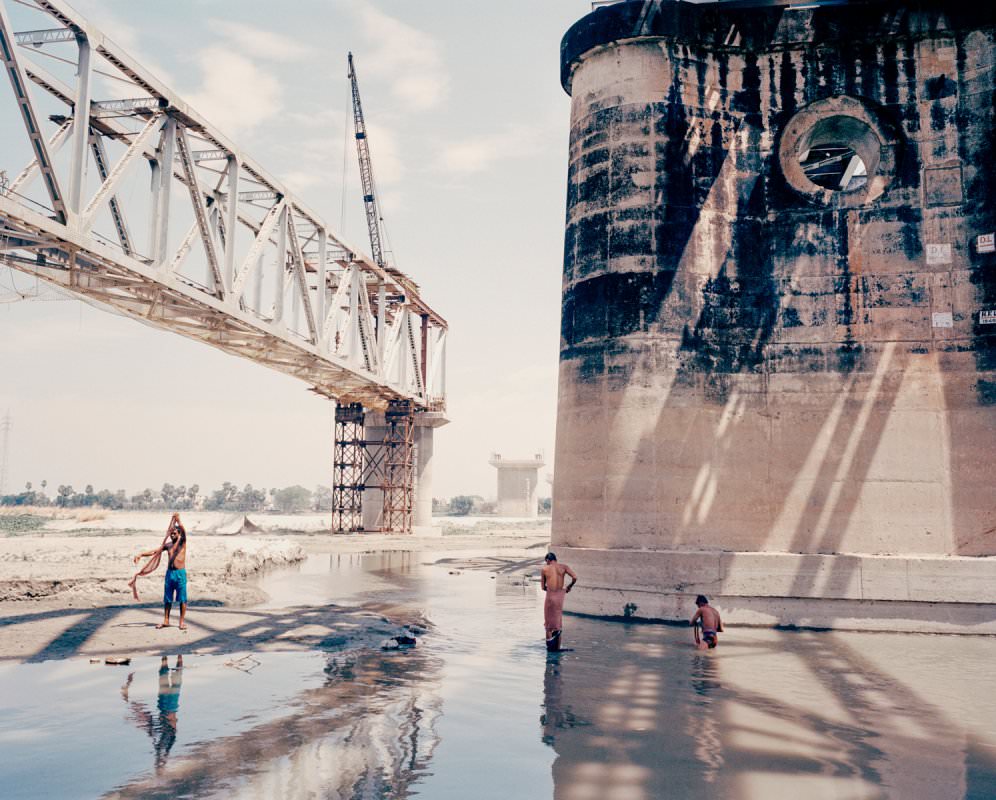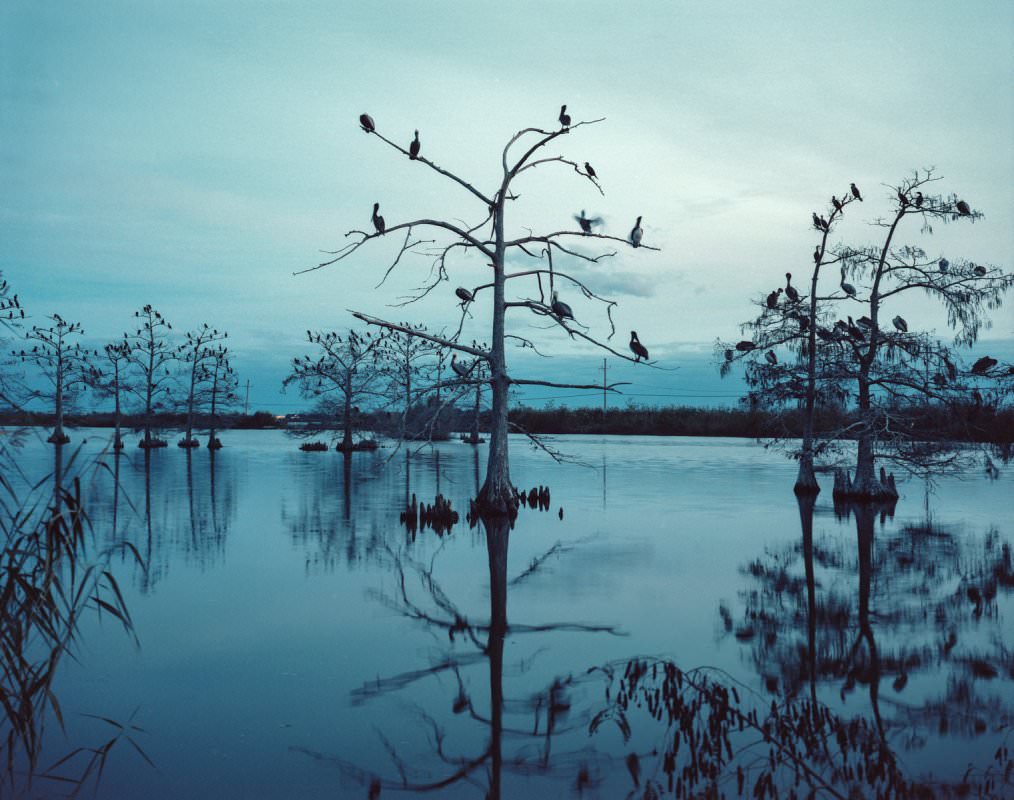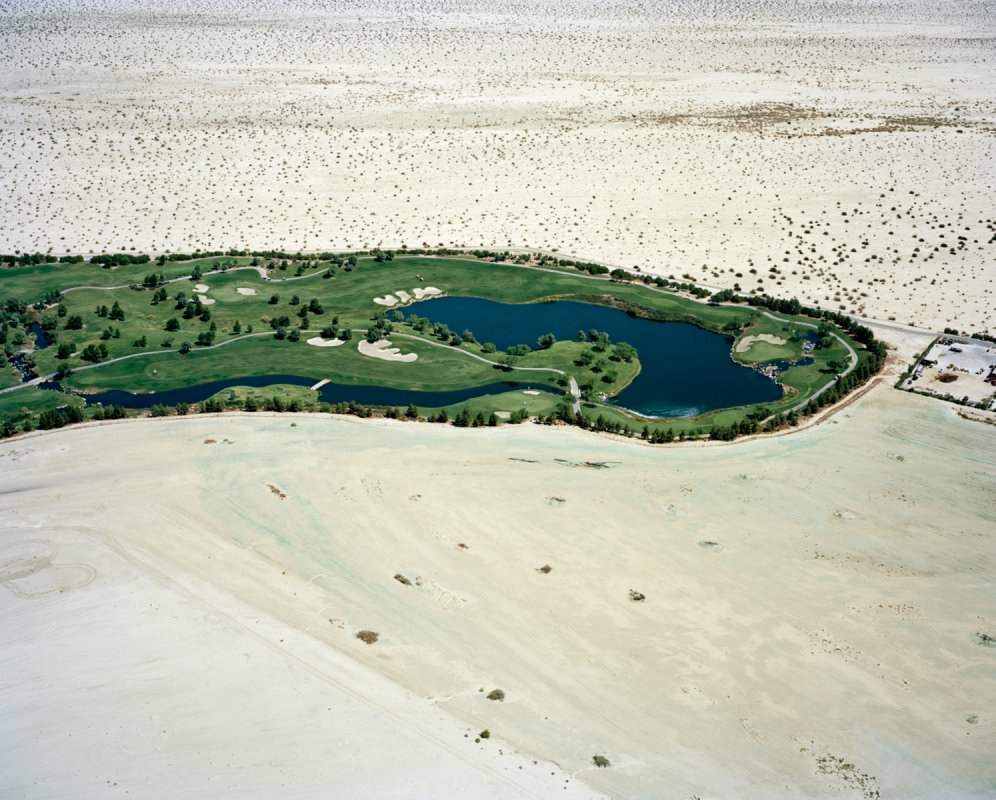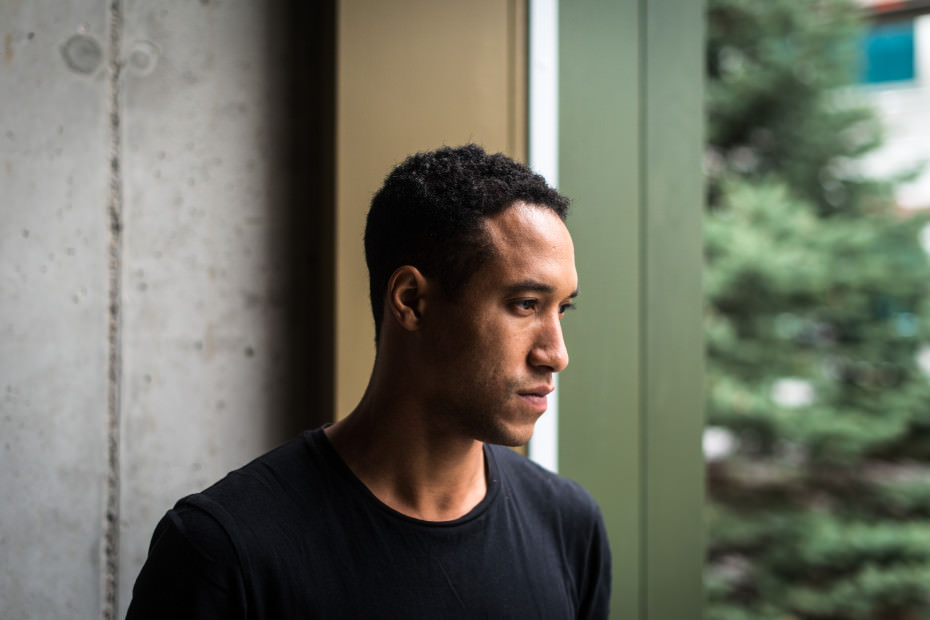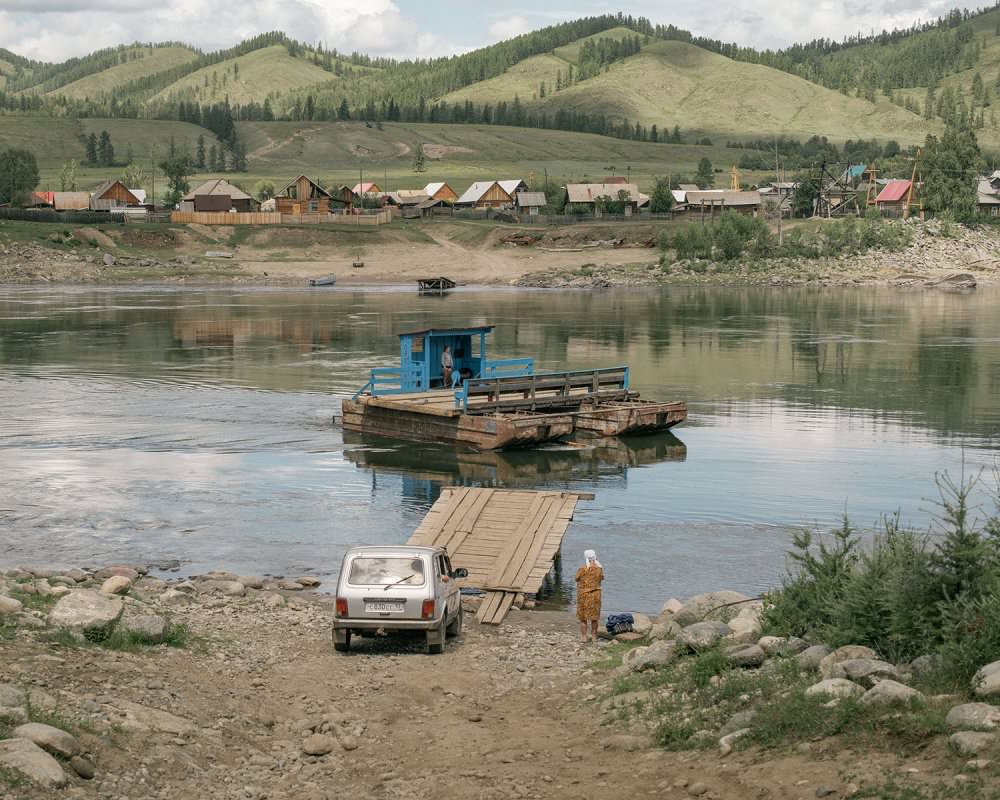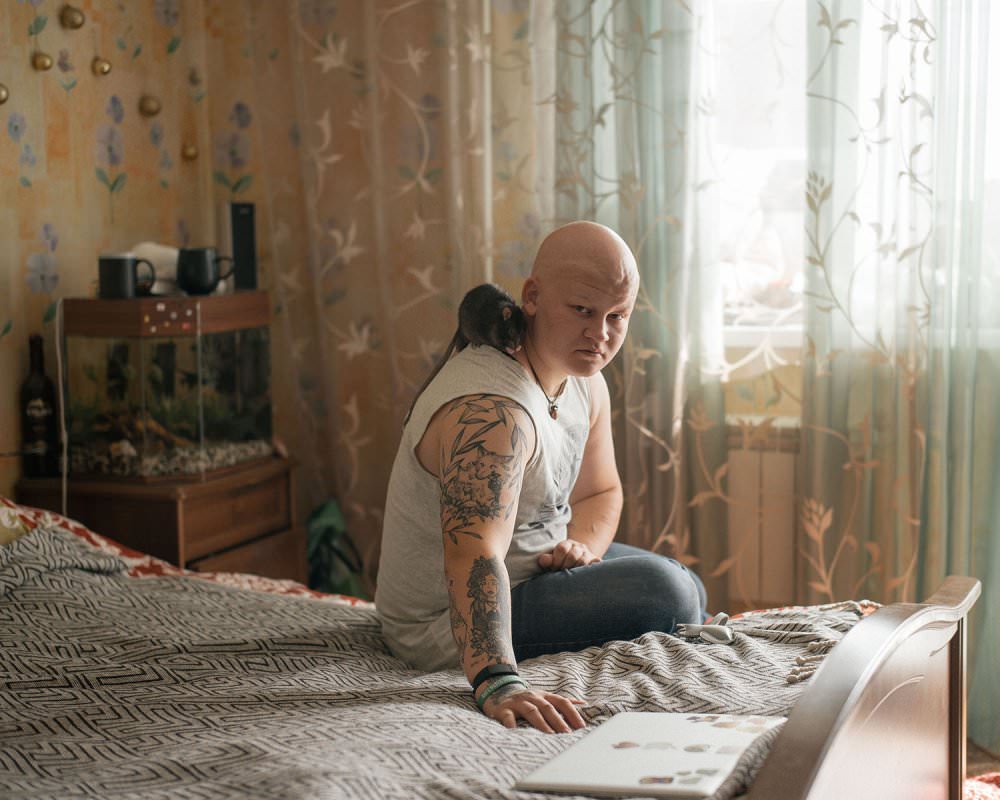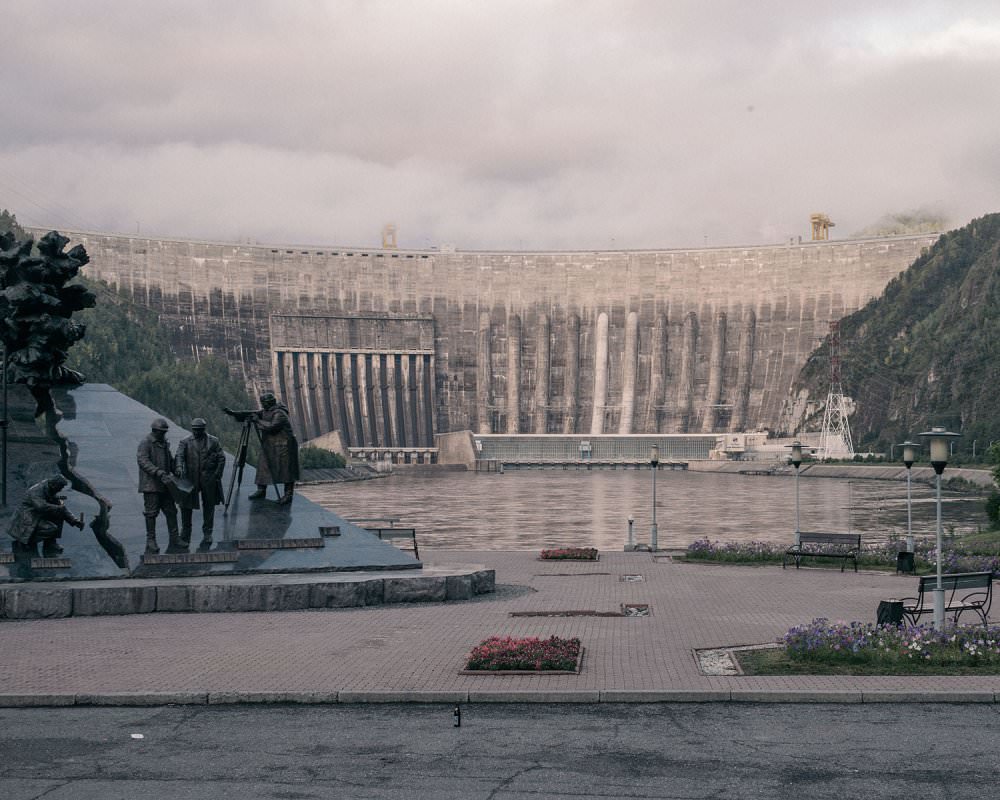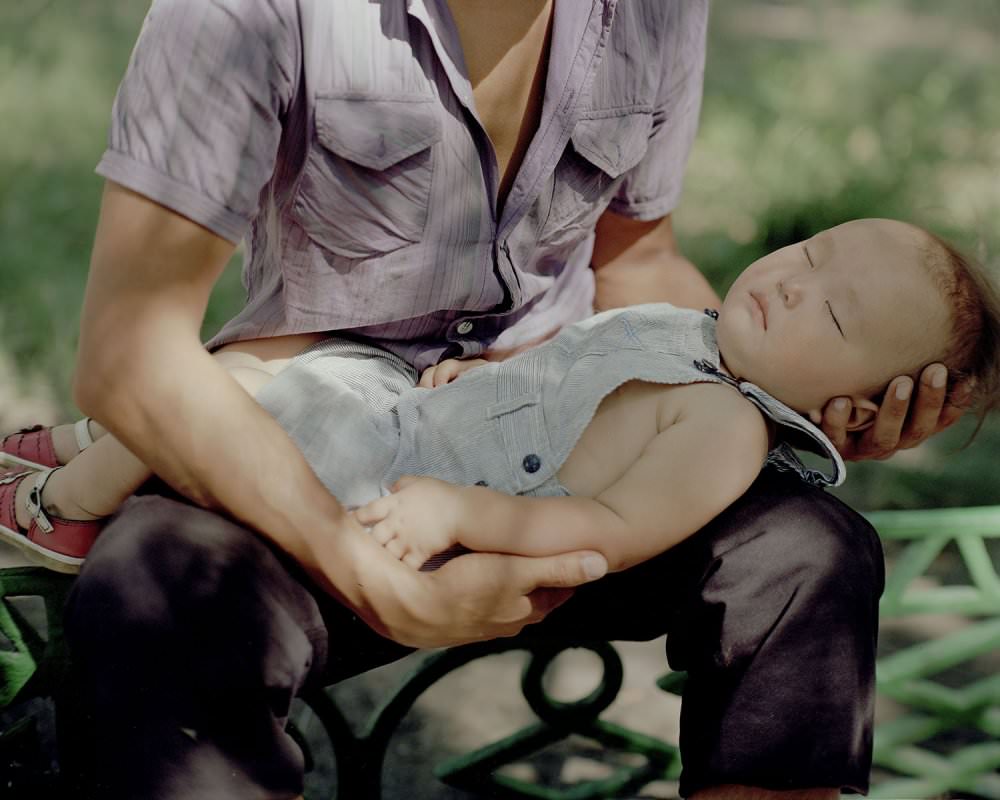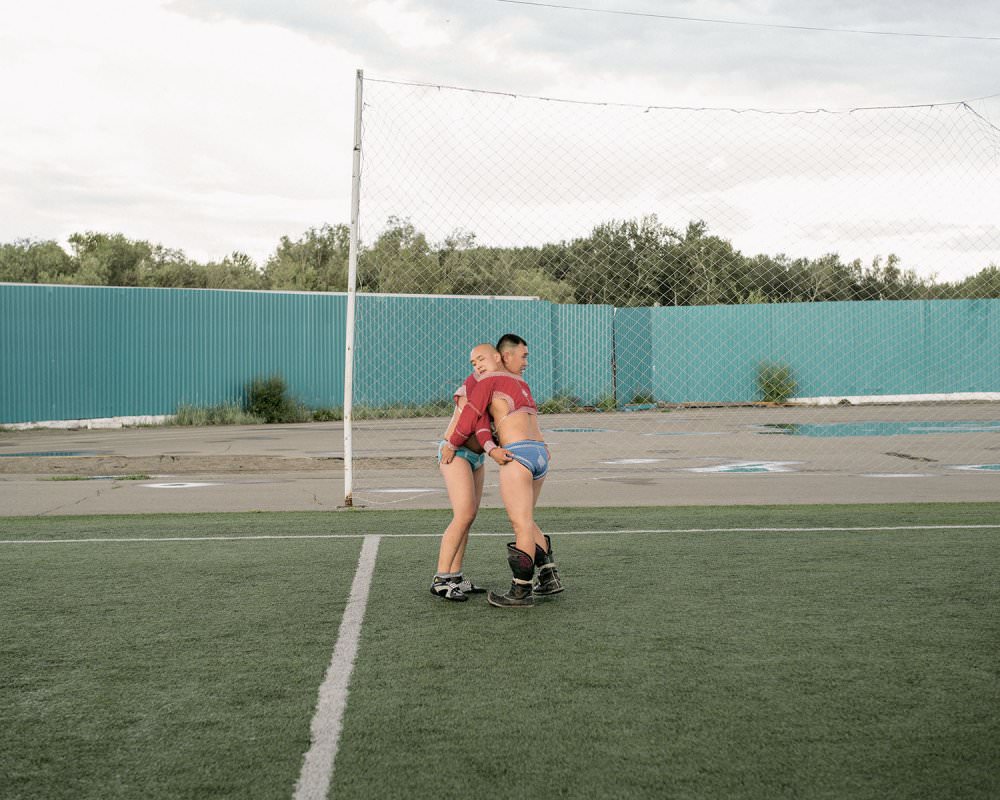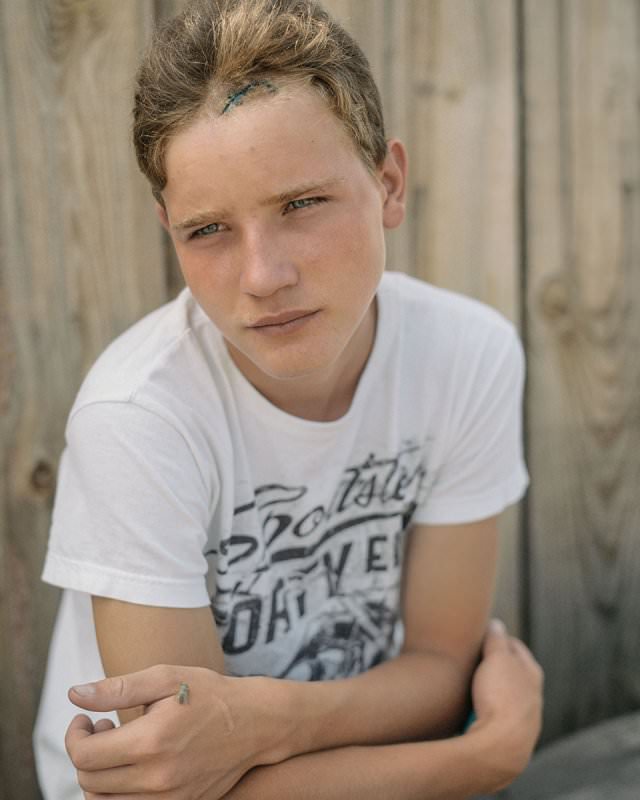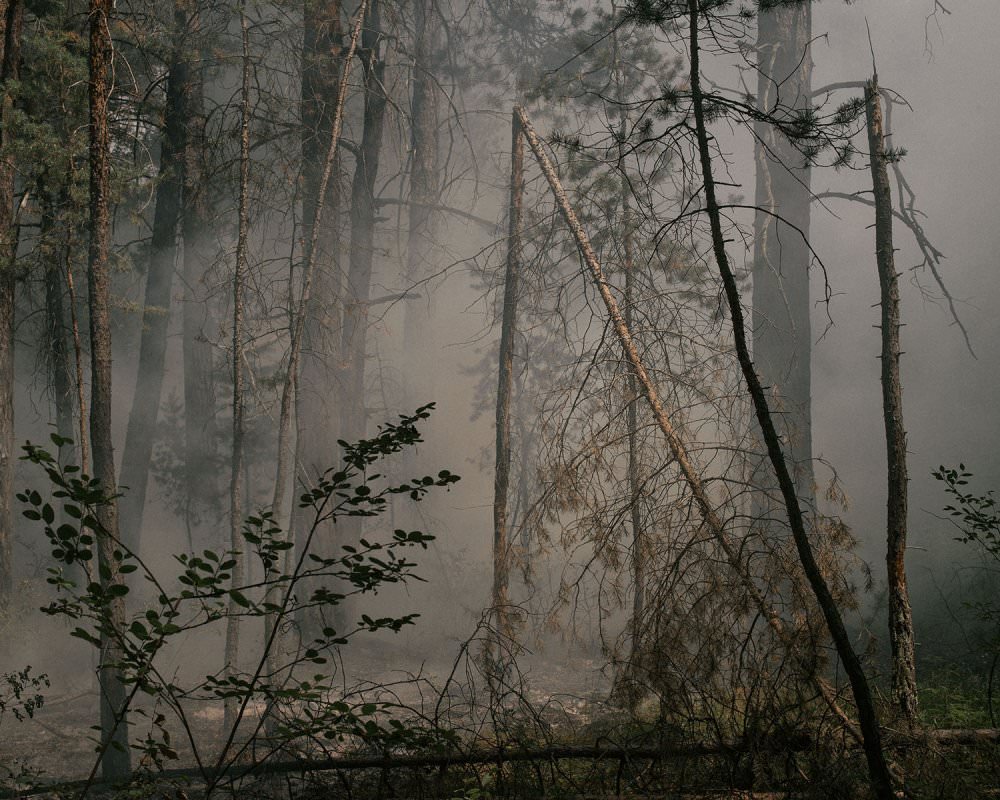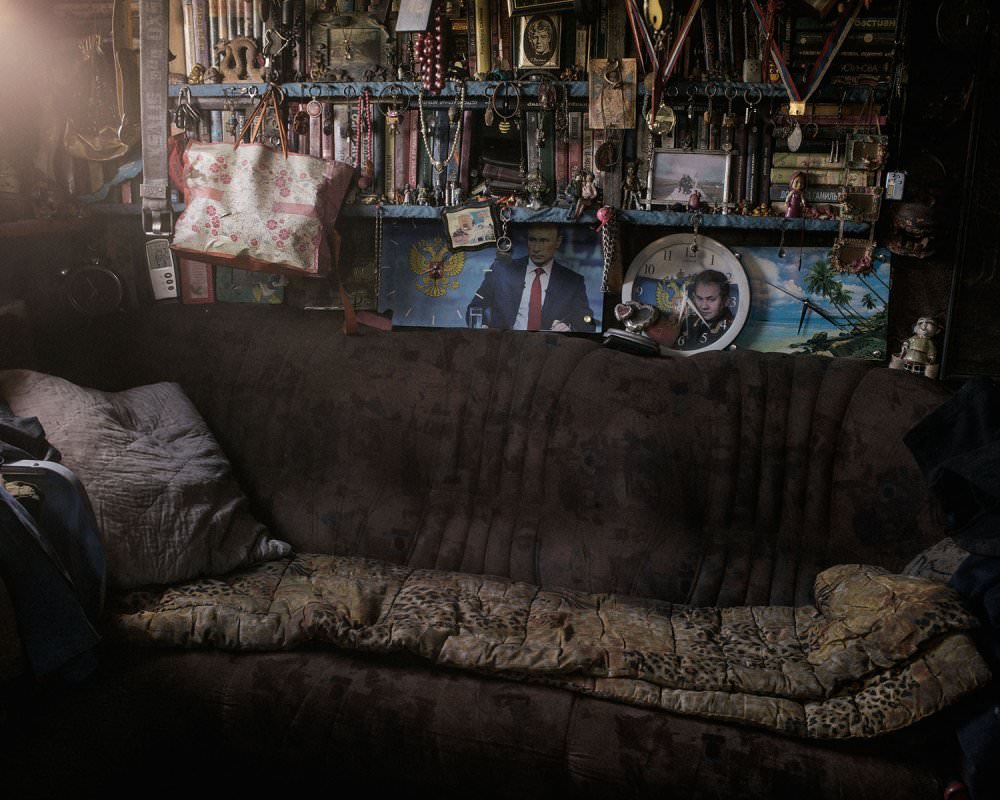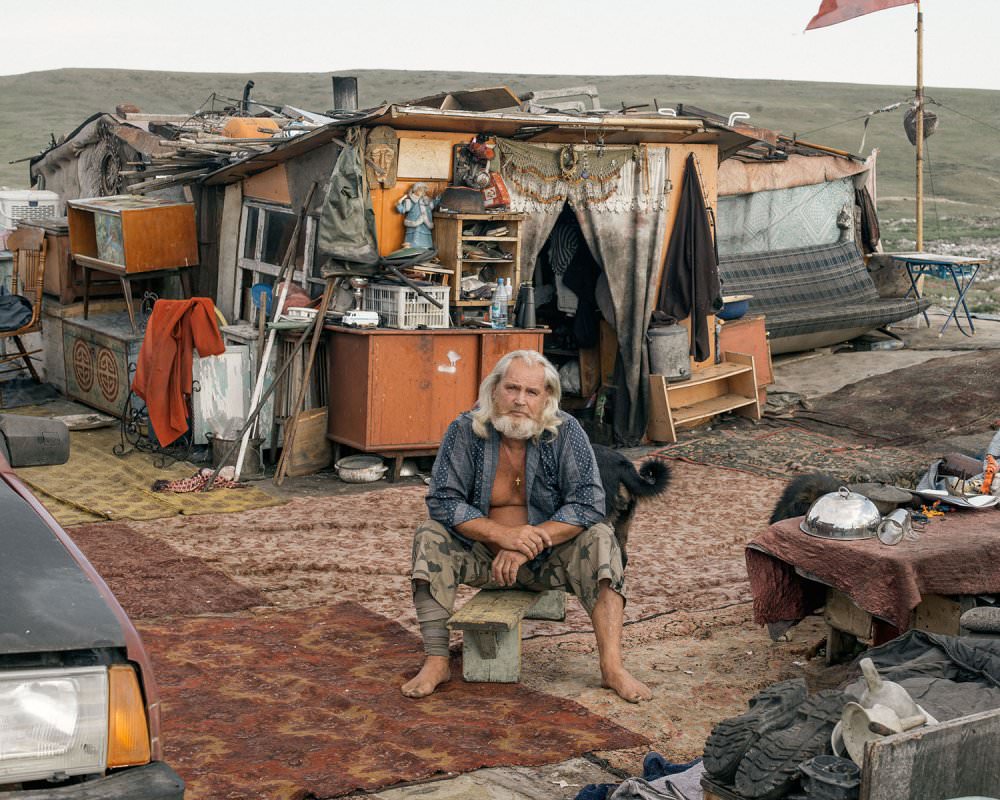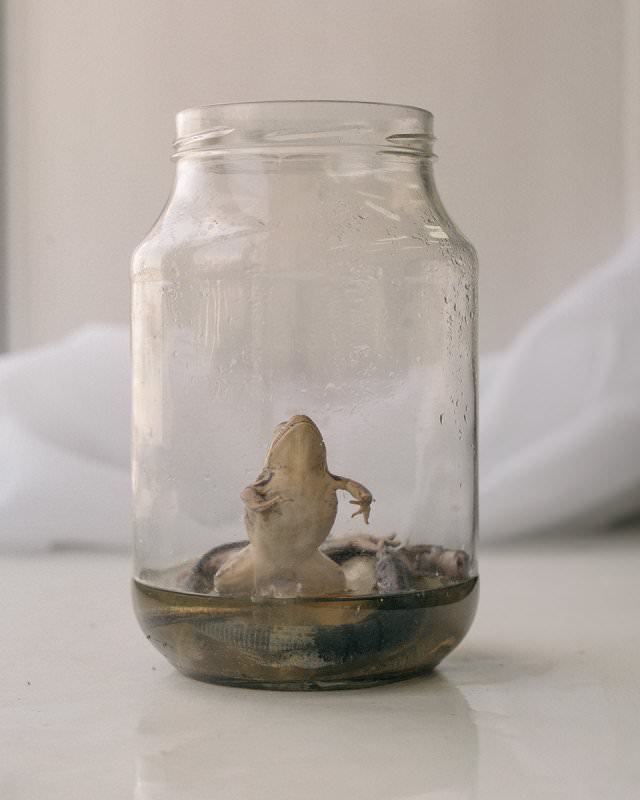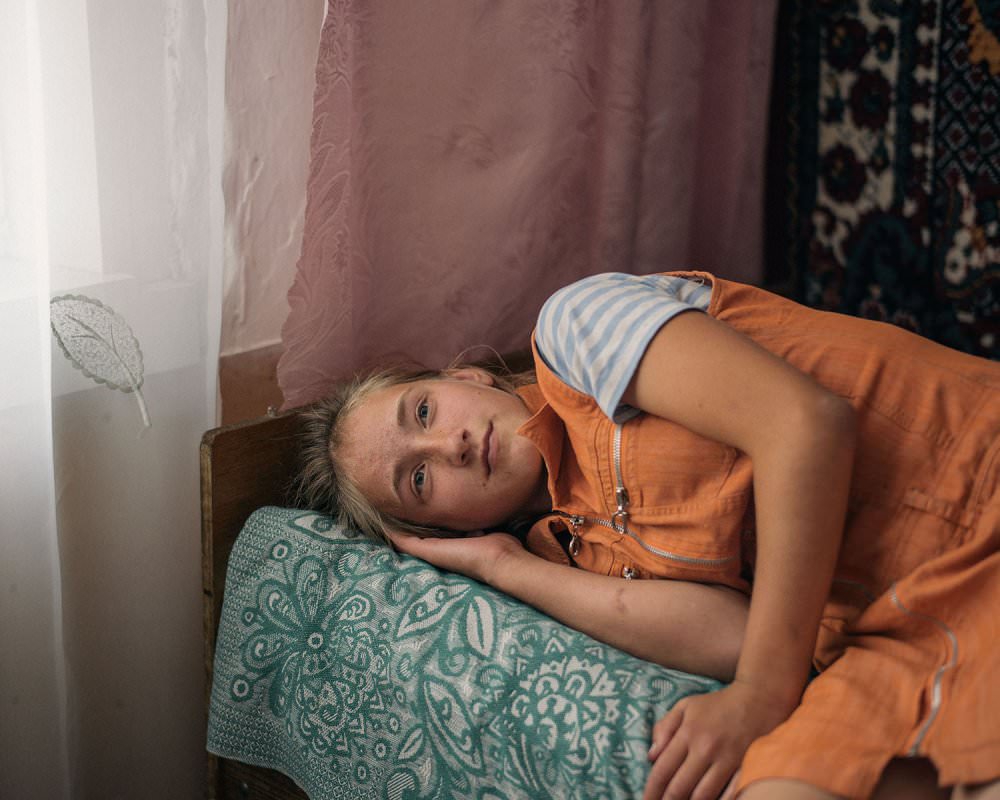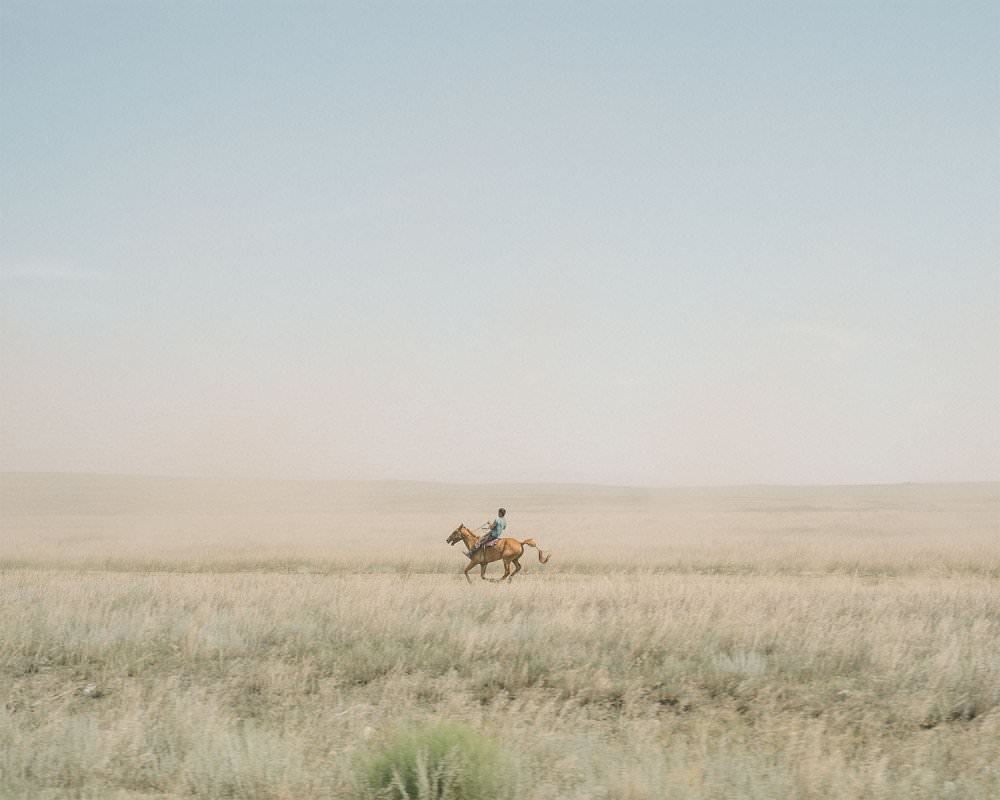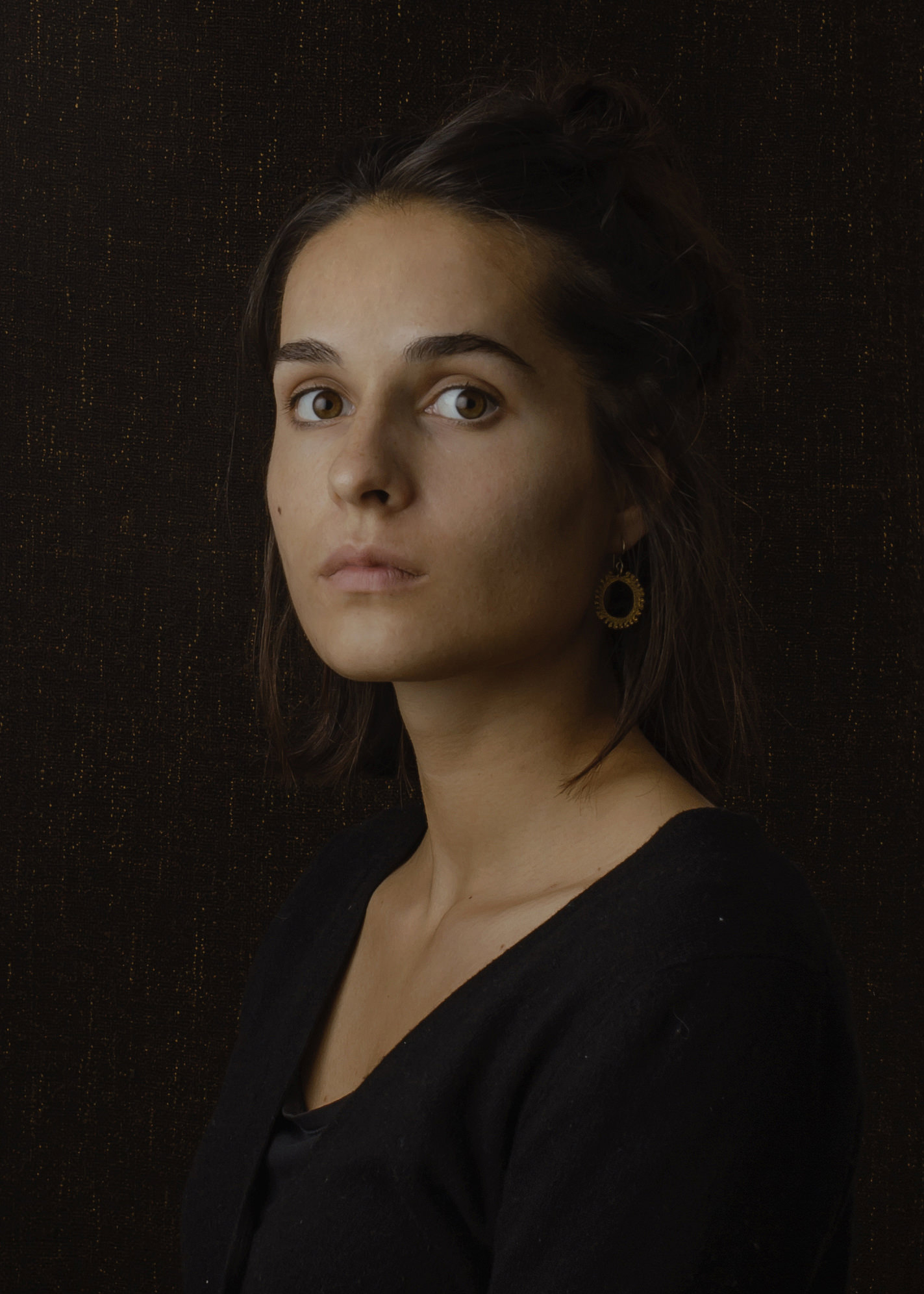The 2019 Leica Oskar Barnack Award Winners
The LOBA 2019 jury, as anticipated in our previous news about LOBA finalists, has declared the winner of LOBA 2019: Mustafah Abdulaziz with his monumental series Water.
The author about his project:
“‘Water’ is a long-term photographic project about how human beings interact with the natural world and what this means for our civilization and our future. In this sense, it is my first endeavor of such magnitude. My visual approach to the work on ‘Water’ could be distilled down to naturalism and simplicity in perspective and scale. I’m incredibly wary of unnecessary complexity and try to limit the tools I use in order to come up with creative, and what I believe, to be honest, methods for observing a topic that spans every aspect of human experience.”
“What this means in practical terms, is that what matters most to me is to have and believe in a personal ethos that I express in the way I visualize things. What distance from a subject do I feel is comfortable for me and for them, and why? When does my photography portray what is essentially necessary to what is happening, and when does it fail? Photographs inherently have the potential for great beauty, and this is also something I am cautious about. It must be balanced with something else, something meaningful in terms of concept and presence, otherwise, I don’t believe in it; and if I don’t believe in it, I can’t expect a viewer to either. When it comes to the photos in ‘Water’, this means that I am constantly assessing and reassessing each and every part of my visual approach. It must be an on-going and organic process of discovery. It has to fail at times because failure during experimentation brings me liberation; it illuminates new paths for me, that I would otherwise never follow.
I do not stage people, and the reasons for this are twofold: the first is quite simply that I’m just not very good at it; the second is that it doesn’t fit with the way I see. I want to observe, to participate in people’s lives as myself, as a person and not as a photographer. The camera and this reality I photograph are rather ancillary. My pictures evolve from a certain rhythm or dance. I don’t know how to photograph any other way. ‘Water’ is different for perhaps one critical reason, and that reason is choice. This project is my way of exploring the world, of participating in a relevant and responsible way. It is a way to give meaning to an overwhelmingly large but critically important topic. I choose to do this work not only because it brings me great fulfillment, but because it is necessary. Our relationship with the planet may just be the most important story of our times.”
About the Author
Mustafah Abdulaziz Born 1986 in New York City, began studying Journalism and Political Science but did not complete the studies. As a photographer he is self-taught. He moved to Berlin in 2011 after working as the first contract photographer for The Wall Street Journal. His long-term project, ‘Water’, which he has been pursuing for more than eight years, has received support from the United Nations, WaterAid, WWF, VSCO and Google. It has been published in Der Spiegel, The New Yorker, Time and The Guardian.
Winner Award Newcomer 2019
Nanna Heitmann won the Newcomer Award 2019 with her project: Hiding from Baba Yaga.
The author about her project:
“My mother comes from Russia; but Russia, apart from Moscow, was just a large, blank space on the map. So, I decided to do a semester abroad in Tomsk, Siberia. The way I imagined Russia was defined by Soviet children’s films and Slavic fairy tales; and they also inspired my story, “Hiding from Baba Yaga”. Baba Yaga is an important figure in Slavic folklore. She is an unpredictable and dangerous witch who lives in a little hut in the middle of the forest. For my project, I borrowed a Russian Jeep, packed it with camping equipment, and drove towards the Tuva Republic in the south of Siberia.
I had some inspired images in mind and places I wanted to see along the way. I received support from the mother of a friend, who was working there as a geologist, and who helped me connect with people and find locations. Visually speaking, Russian painters were a great source of inspiration: Ivan Bilibin, an illustrator of Russian fairy tales; and Mikhail Nesterov, whose symbolic pictures at the Tretyakov Gallery in Moscow used to amaze me as a child.
To a large degree, I followed the flow of the Yenisei along my journey. Its source lies in the Tuva Republic – which is part of the Russian Federation – on the border with Mongolia. It meanders northward through the whole of Siberia until finally emptying into the Arctic Ocean. Following its course took me through the raw wilderness of the Siberian taiga. I viewed my journey as a documentation of life along the river, and about the mythology of the region. I searched for dreamlike images. It soon became clear that the river itself was not so important. I photographed local characters because people have always sought protection and freedom along the banks of the Yenisei and in the bordering taiga: criminals, escaped serfs, renegades, adventurers, and Old Believers.”
About the Author
Nanna Heitmann was born in Ulm, Germany, in 1994, and studied Photojournalism and Documentary Photography at college in Hanover. In 2018 Heitmann’s work was shortlisted for the LensCulture Emerging Talents Awards.
More info about LOBA 2019 award: https://www.leica-oskar-barnack-award.com/en/

